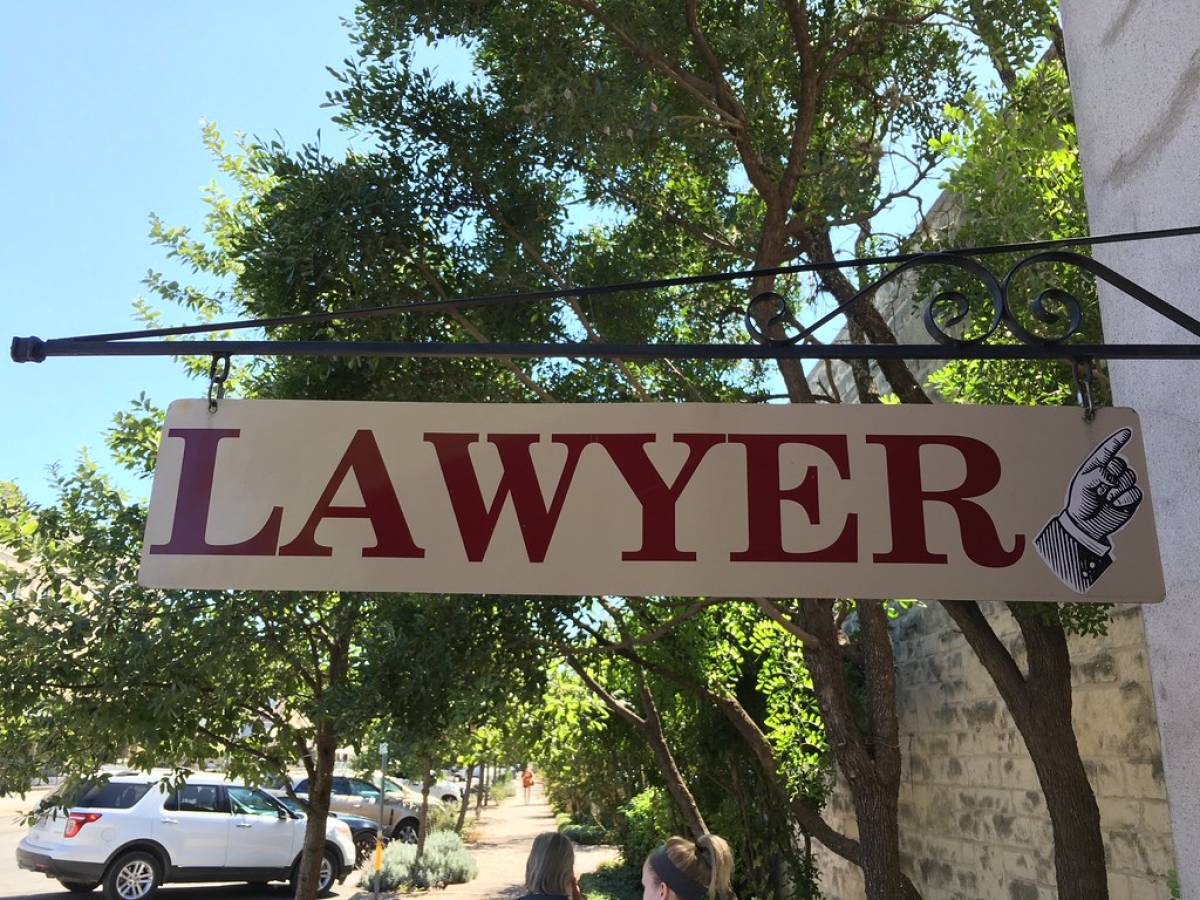Common Legal Dramas & Whether You Should Lawyer Up

The law governs everything from traffic offences and shoplifting to murder and armed robbery. Stretching between these extremes are numerous legal matters, not all of which require the services of a legal representative.
If you’re wondering whether your legal matter requires you have a criminal defense lawyer, family lawyer, solicitor, or perhaps even no counsel at all, the following information should help:
Top 5 Legal Matters – Layer Up or Not?

Among the most common legal matters that people face, which may demand you have a lawyer (or not), include:
1. Divorce
Not all divorces require legal representation. If the two of you are on amicable terms and able to have a mutually respectful discussion around how to divide assets and child custody, there is no need to get lawyers involved.
Likewise, if you don’t have any kids or assets of significant value, you can save yourself thousands of dollars and mountains of heartbreak by working it out between you and your former partner.
If, however, you have a mix of property, savings accounts, investments, debt, and/or children, it may be wise to engage legal representation.
The final terms of your divorce settlement will be binding, so it’s important to get a good lawyer upfront, especially if things are tense between you and your ex.
2. Drug-related offences
When it comes to drug charges, it’s almost always best to hire an attorney. Defendants who hire a legal representative who specializes in this area of the law always fare better than those who represent themselves or accept a public defender.
Public defenders often recommend plea bargains that handle the matter quickly. This expediency is paid for by the defendant who usually gets a worse deal than they might’ve gotten from a private attorney who specializes in drug offences.
3. Lawsuits
If you’re being sued, you know what the claimant is asking for, you feel it’s reasonable, and you’re willing to pay it, then you most likely don’t need a lawyer. You can appear in court, plead no contest, and accept the ruling.
In fact, you technically don’t need to show up at all as your absence will count as “no contest” and a summary judgment will be issued. If you dispute the person’s claims, however, or the lawsuit will result in great material loss, it’s time to lawyer up.
Most lawsuits are settled out of court, but you still need a talented negotiator on your side to ensure you walk away with the best outcome possible.
4. DUIs
Driving under the influence (DUI) is a nebulous charge that can come with relatively minor consequences – like a fine and license suspension – all the way up to major punishments like jail time and long-term loss of license.
Many factors contribute to determining what penalties are reasonable for your transgression. These include:
- Whether you have a criminal history;
- Whether you have a record of similar offences;
- What substances were found in your system and at what levels;
- Any aggravating factors (for example, were you speeding or driving dangerously? DId you cause an accident?);
- Any mitigating factors.
The basic rule for DUIs is this: never front court without a lawyer unless you’re willing to accept the maximum penalty.
5. Criminal charges
No matter what the criminal charge is, if you’ve had one levelled against you, it’s time to get a lawyer. There’s no question about this one.
In fact, the sooner you find your criminal defence lawyer, the better. They will go to work immediately, protecting your rights, helping you understand what’s happening, and ensuring you have an effective defence.
In conclusion
Legal issues are among the most stressful and daunting challenges you can face in the modern world. But, as we’ve learned above, there are times when a lawyer really isn’t necessary.
However, if you’re feeling confused, scared, and overwhelmed, it’s really recommended and worth seeking advice from a legal professional.
Image: Wesley Fryer/Flickr






![81% of Brits Plan to Support Small Businesses this Christmas [Study]](/sites/default/files/styles/video_thumbnail_bottom/public/woman-shopping-small-business.jpeg?itok=SK3JqPQ_)












